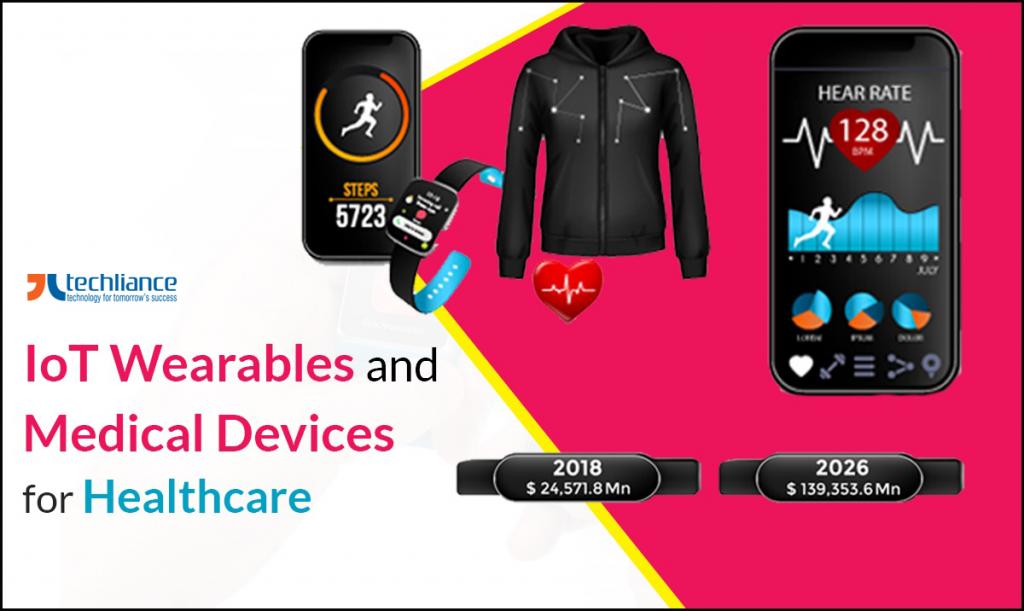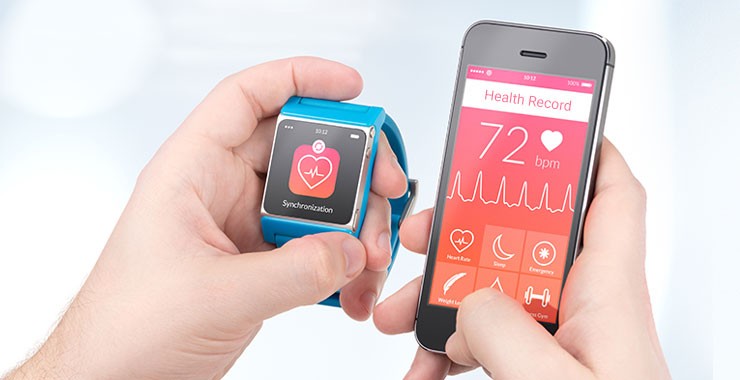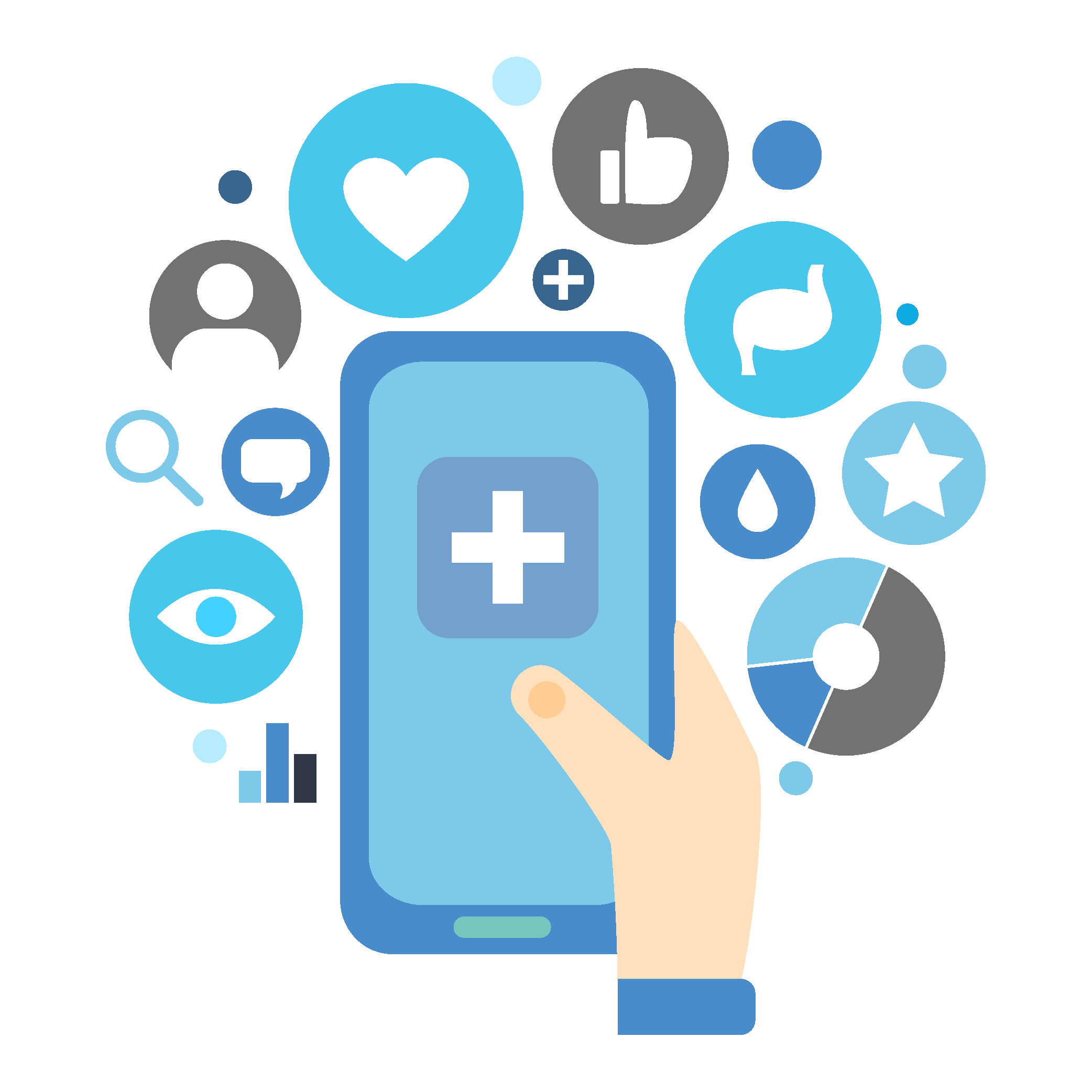
Quantum Sensors: Revolutionizing Health Monitoring

Revolutionizing Health Monitoring with Quantum Sensors
In the dynamic landscape of healthcare, quantum sensors are emerging as groundbreaking tools, ushering in a new era of precision and sensitivity in health monitoring. These advanced sensors, based on the principles of quantum mechanics, offer unparalleled capabilities for monitoring various health parameters with unprecedented accuracy.
Understanding Quantum Sensors: A Quantum Leap in Sensing Technology
Quantum sensors leverage the principles of quantum mechanics to detect and measure physical quantities with exceptional precision. Unlike traditional sensors, quantum sensors exploit quantum phenomena such as superposition and entanglement, enabling them to achieve unparalleled sensitivity in capturing minute changes in health-related variables.
Precision Monitoring at the Molecular Level
One of the remarkable features of quantum sensors is their ability to monitor health parameters at the molecular level. This precision is especially valuable in fields such as molecular diagnostics and biomarker detection. Quantum sensors can detect subtle changes in biomolecular structures, offering early insights into potential health issues.
Quantum Sensors in Wearable Health Technology
The integration of quantum sensors into wearable health technology is a promising avenue. These sensors can be incorporated into devices like smartwatches or patches, providing continuous, real-time health monitoring. From tracking vital signs to analyzing




